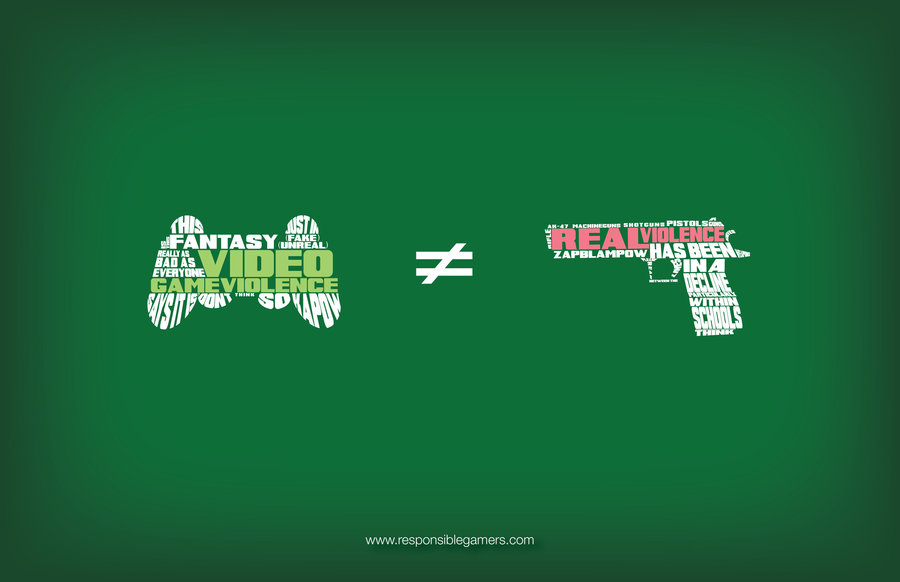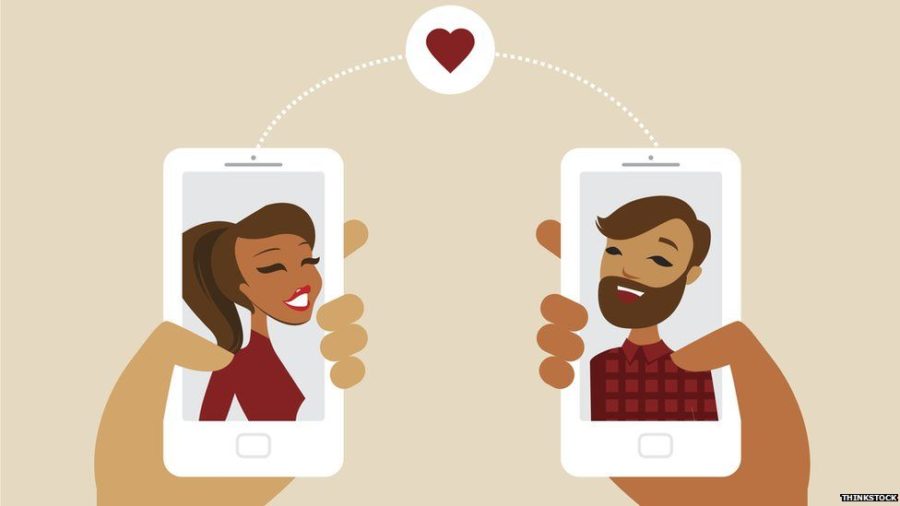Have you ever been watching a movie and noticed the extremely ironic anti-piracy ad? The ad said, “you wouldn’t steal a handbag, you wouldn’t steal a dinosaur box television out of some second story apartment with your best friend and you wouldn’t steal a car.”
Well no. But I and multitudes of other very broke college students would certainly download all those things.
At first glance, piracy looks like thievery. But if I am with a friend listening to a CD I didn’t buy, that’s not considered illegal. Where is the line drawn? Do we keep people who haven’t bought an item from experiencing it? Do we eradicate people’s freedom by supporting capitalist greed in the entertainment industry? No, because those are all terrible ideas.
“Game of Thrones,” for example, has become a widely popular show on HBO. It has millions of followers. According to Numbers.com, the first season’s DVD sales clocked in at 975,000, a trend that would follow through into the second season when sales went up 44 percent. In the meantime, the show was being pirated so much that numbers are unavailable. But HBO isn’t upset. In fact, HBO programming President Michael Lombardo was quoted in Entertainment Weekly and said “this is a kind of compliment. The demand is there. And it clearly did not have a negative effect on DVD sales.”
Perhaps we should view piracy as cultural buzz for a hot entertainment commodity. Maybe artists should be content with the millions of dollars they make off merchandise sales, concerts and the loyal fans who just love them.
Even in my advocacy for piracy, I have still spent every spare dollar I had buying anything having to do with “Doctor Who.” There is a definite nostalgia for fans that will always exist and trump the ‘piracy is ruining our economy’ and ‘piracy is thievery’ tirades.






























